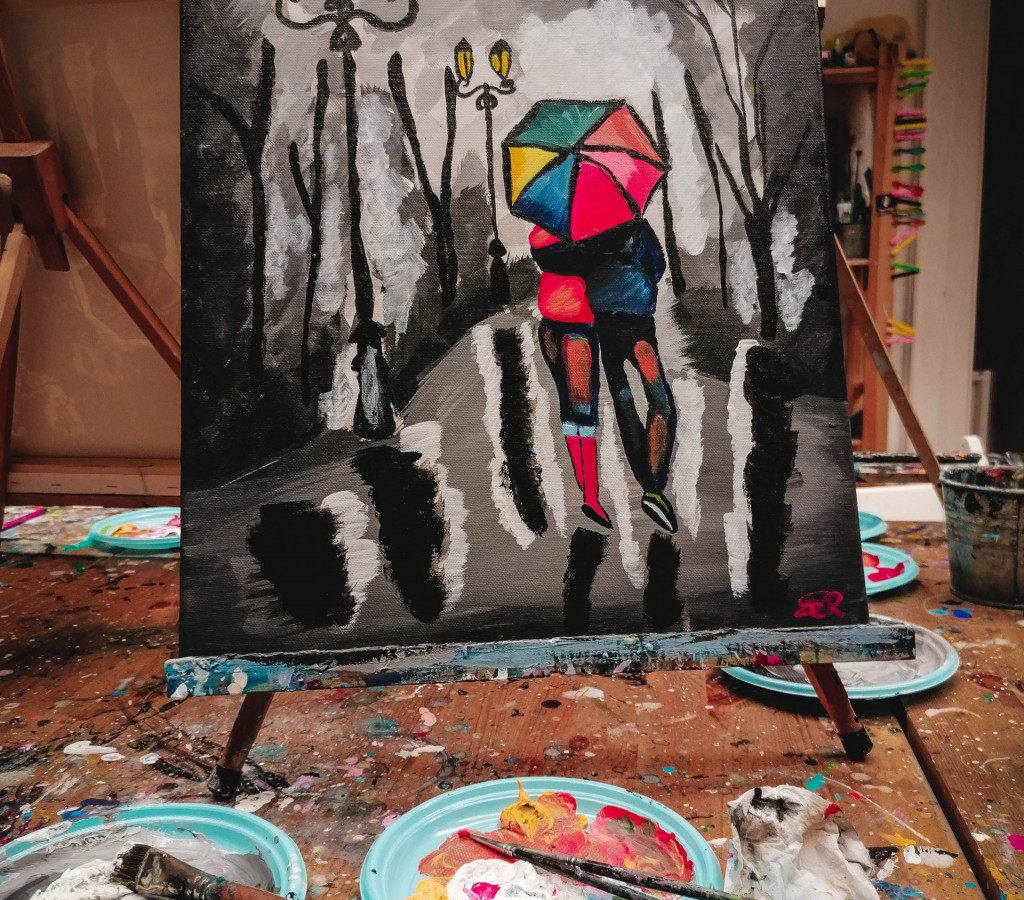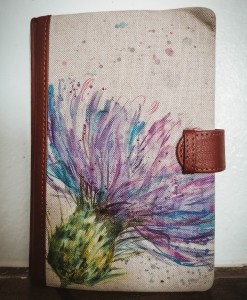Due to the current situation, I am starting my blog with a completely different topic. According to my plans, conscious travel would have been my first blogpost but now as we are forced to restrict our freedom of movement for the sake of protecting ourselves and our fellow human beings, traveling is out of the question.
The current situation feels unusual for us because on the one hand not just our generation but also the generation of our parents and grandparents have to face a completely new situation. The previous generations have already had to deal with crisis situations such as World War I and II, Cold War, the Communist Era or the Regime Change, but they have not encountered yet a crisis like COVID-19. Those people who were born after the change of regime (in Eastern Europe) have not experienced yet the consequences of the restriction of movement and freedom because we were born into a free world where development and globalization gave us more and more opportunities in all spheres of life. Apart from the migration caused by the war in Syria or the financial crisis of 2008 we have not really experienced directly the consequences of the critical events in the world. Since freedom of speech, movement and religion have been given so far in our lives here in Europe, this crisis is unknown to us.

What does crisis actually mean that we use so often in our everyday life?
The word “crisis” means a turning point. Crises are troubling, unwanted changes triggered by external events that take us way out of our comfort zone. On the one hand, these events cannot be controlled and avoided and on the other hand, we do not have yet the problem-solving skills to deal with them. We generally experience a crisis situation in a negative way, but it also presents a potential opportunity that encourages us to change that can positively impact our lives in the long run.
“A smooth sea does not make a skilled sailor.” This saying applies to crisis situations that can be coped with in different ways depending on our personality, our problem-solving strategies, and our environment. Despite the unpleasant nature of a crisis situation, it is a very good opportunity to get to know ourselves better. Such challenging situations usually reinforce our existing personality traits as we try to solve our problems in the well-known and tested way that worked out well so far. It is exciting to observe in critical situations how our emotion-driven instinctive behaviors become more emphasized which served our survival in ancient times. This is the case for example when we see the fierce struggle for out-of-stock products in supermarkets. On the other side, we tend to deny the current situation and we don’t want to accept it and we pretend that the situation does not exist and above all, it cannot affect us.

What can we do in the quarantine?
Now I would like to talk about the opportunities that a crisis situation can offer. A crisis requires us to adapt to the new circumstances, accept the situation that we cannot change, keep in control our anxiety and fears, develop new coping strategies and reframe our perception and labels. In the current situation, when curfews are imposed, when many of us have to go to quarantine, what can we do to maintain our mental health and make the best out of the opportunities that a crisis can offer to us? Here is a list that can influence our mood positively and give us a sense of control in a situation where we tend to feel as if we didn’t have control over the events. After all, in an unchangeable situation, the only thing that we can change is our attitude.
- Join the “slow movement”, practice mindfulness: we can introduce the awareness of our thoughts, feelings, bodily sensations, and surrounding environment to our everyday life by being present in the moment and paying attention to activities like having breakfast, enjoying our coffee, brushing our teeth or having a nice, warm shower.
- Sport: do sport regularly that we can practice also at home. We can get some ideas and help from the thousands of free Youtube videos.
- Stick to the daily routine: we should get up in time, get dressed and don’t go around in the flat in our pajamas all day long, write our “to do” list and do it. It is very important to stay disciplined.
- Communication: talk with our loved ones and dedicate them time on the phone or video call if it is not possible to do it in person.
- Develop our skills and gain new ones e.g. through online training: there are so many videos on Youtube and other websites that help us to develop our skills.
- Meditation: 5 minutes of meditation every day that makes a positive effect on our physical and mental health.
- Positive suggestions: write down motivating words and sentences.
- Practice gratitude that affects our mental health positively: What am I grateful today for? eg. that I have access to clean water, that I am able to have a warm shower, for my family or that I can sleep in a bed at night?
- Carry out our less favored activities like cleaning, sorting or other activities that we have postponed due to the “lack of time” or other creative excuses.
- Practice the minimalist lifestyle and think over the priorities: What is important in my life? What kind of activities have I dedicated too little or too much time and attention?
- Make a business plan: if we considered starting our own business then we have the time now to work out the plan of it.
- Read
- Draw & Paint
- Try out new recipes: if we don1t have enough ingredients to prepare our meal then let’s be creative in a minimalist way.
- Listen to music
- Catch up with our TV series
- Play board games
- Play together, with our children and pets
- Wellness at home: e.g. a spa with candlelight in our bathroom.
- Keep our sense of HUMOR: humor is a mature coping strategy that helps us out in difficult times.
- Let’s be creative and try to make the best out of our precious extra time
- …. We can add as many items as we wish to this list, the limit depends on our preferences and creativity 🙂
We should follow the rules regarding “social distancing”, so we should reduce our social interactions in public places and keep ourselves far from other people in order to help to slow down the spread of the virus.
This article gives us a great illustration with four simulation videos about our personal responsibility to protect and relieve ourselves, others, the healthcare workers and the healthcare system.
Time is our treasure that is unrepeatable and we can think about the fact in these difficult times that everything is temporary and transient!
Don’t give up and stay healthy!
References:
Hajduska M. (2015) Krízislélektan. Budapest: ELTE Eötvös Kiadó.



